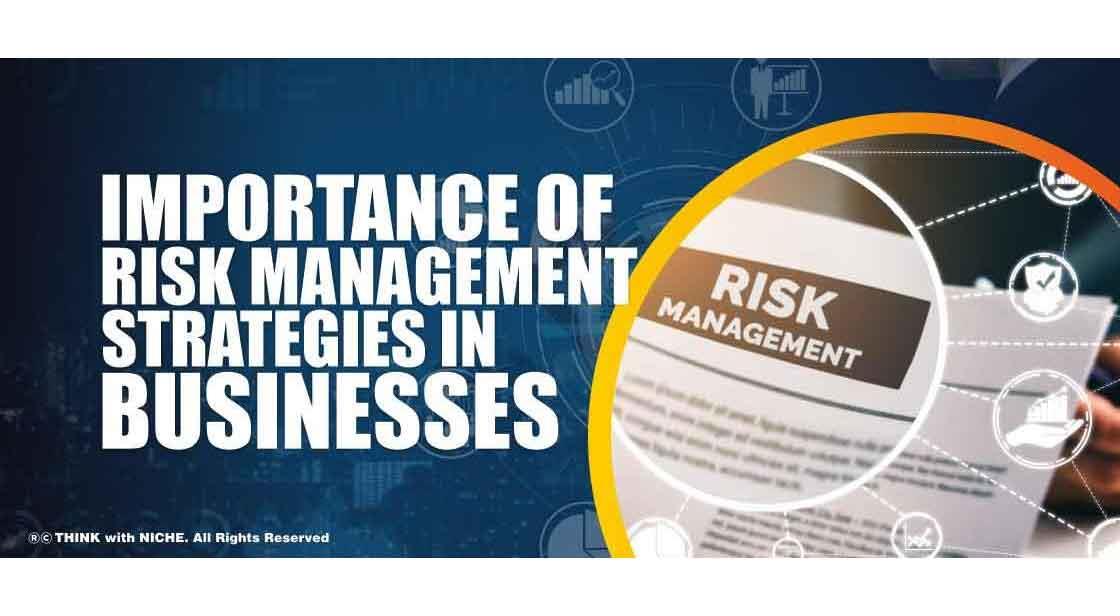Importance of Risk Management Strategies in Businesses

Blog Post
We must assess the nature of risk management while asking if risk management is necessary. Risk management entails recognizing potential threats to employee safety and putting in place processes to mitigate those threats. With this in mind, risk management is critical: it not only protects your employees from bodily and mental injury but also secures your company's profitability by eliminating downtime and costly expenditures. As a result, risk management is a key aspect of effective company planning, and employers are obliged to offer a safe working environment. #TWN
Unexpected events occur frequently in life, and this is true for both individuals and businesses. While some are favorable (and, indeed, rare), others are bad and may occur frequently enough for you to notice as a business owner. This is when risk management becomes a critical component of your overall business plan. Such a procedure minimizes the impact of any unfavorable occurrences or developments that could otherwise be devastating by recognizing and analyzing potential dangers to your organization. Look more closely at the role of risk identification and analysis in a company.
Build a Strong foundation
As a business goes through the risk management planning process, it will unearth a variety of data that could reveal operational inefficiencies, cost-cutting opportunities, and strategies to avoid or reduce risks that could jeopardize the company's finances. The company's bottom line will benefit from understanding and fixing each of these concerns.
Safeguards your Company's Assets
Risk management strategies don't just identify issues. They also allow businesses to prioritize them. Next step Step two of the risk management process, as previously mentioned, entails evaluating the risks. This is frequently done using probability matrixes to aid determine which resources are most important and how quickly threats must be addressed.
Assistance in Identifying Information that can be Reused
Risk management necessitates a team effort involving many people. The information gained and learned during the development of a risk management strategy can be deployed to situations that emerge after the plan has been created. As a result, those who are affected by the plan will not have to start over every time a problem arises.
Aids in the Enhancement of Your Reputation
Having a good risk management plan in place can help your company project a positive image. Internally, it gives your staff trust in your leadership abilities, admittedly creating a safe workplace ultimately helps to build morale.
Demonstrates Social Responsibility
Adopting a well-thought-out mitigation strategy in the case of an environmentally hazardous occurrence demonstrates concern for the environment and minimizes harm.
Safeguards People & Property Against Harm
It reduces additional expenses, prevents unfavorable publicity, and educates others on how to minimize the risk.
Conclusion
As a result, the conclusion is clear: risk management should not be overlooked simply because your company is too tiny to have a team dedicated to it. Business owners should develop methods with the support of their staff and make sure that risk assessments are factored into everything they do – or face the consequence of failing to prepare.
You May Like
EDITOR’S CHOICE












